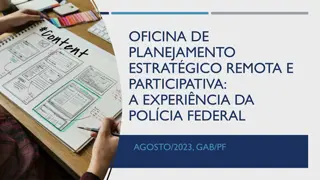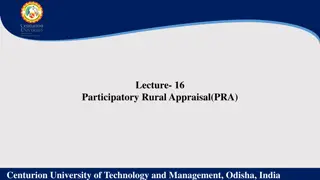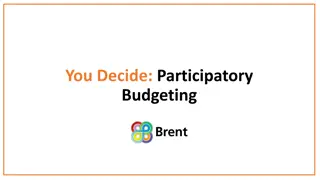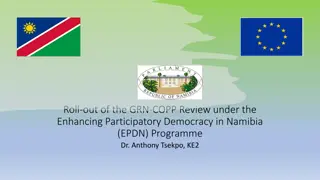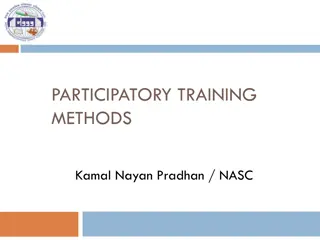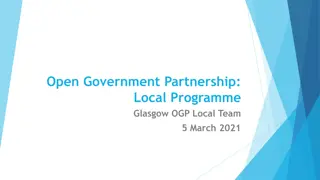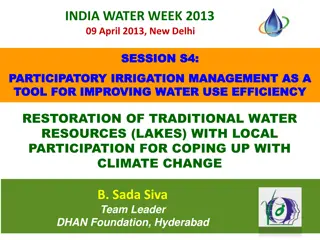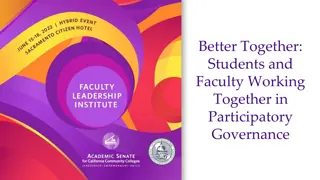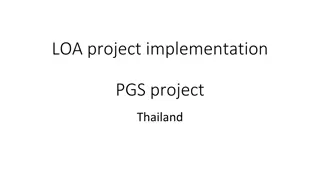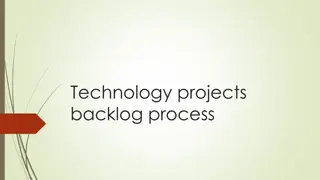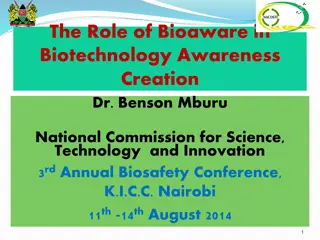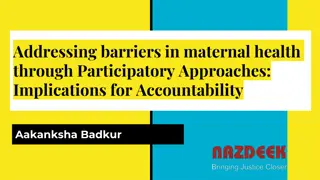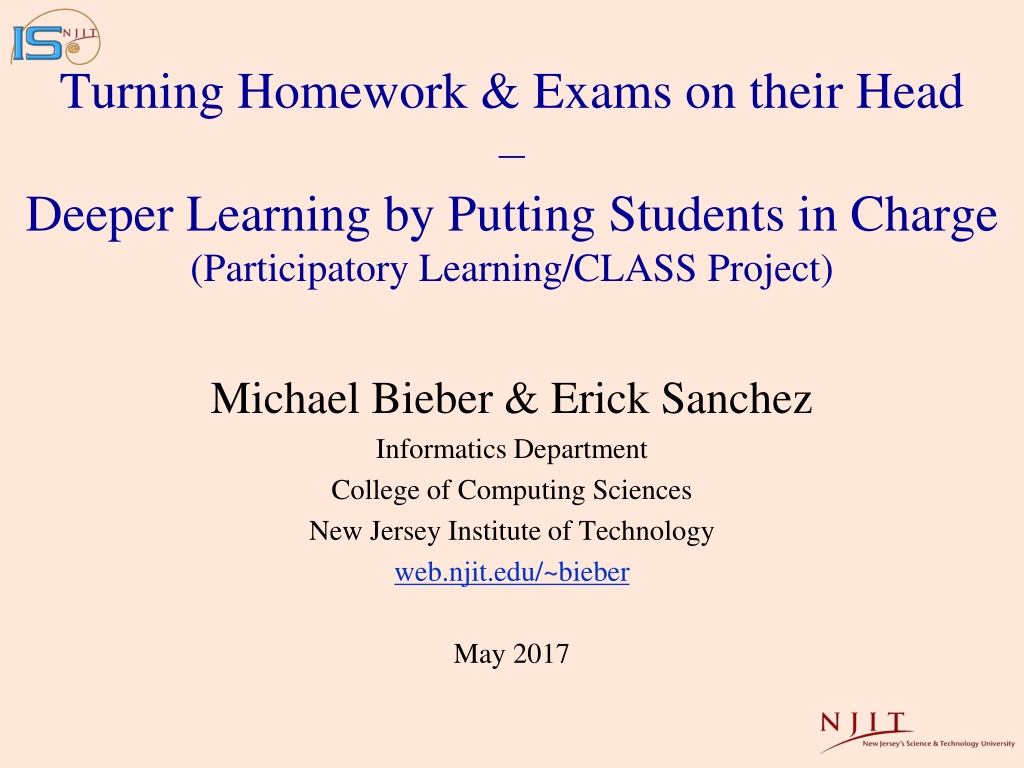
Empowering Deeper Learning: Participatory Approach in Education
Discover how turning traditional assignments on their head can lead to deeper learning by placing students in charge of the problem-solving process. Explore the Participatory Learning/CLASS Project by Michael Bieber and Erick Sanchez, focusing on active engagement, problem lifecycle ownership, and online system integration. This unique approach fosters motivation, interest, and comprehensive understanding in various courses at NJIT.
Download Presentation

Please find below an Image/Link to download the presentation.
The content on the website is provided AS IS for your information and personal use only. It may not be sold, licensed, or shared on other websites without obtaining consent from the author. Download presentation by click this link. If you encounter any issues during the download, it is possible that the publisher has removed the file from their server.
E N D
Presentation Transcript
Turning Homework & Exams on their Head Deeper Learning by Putting Students in Charge (Participatory Learning/CLASS Project) Michael Bieber & Erick Sanchez Informatics Department College of Computing Sciences New Jersey Institute of Technology web.njit.edu/~bieber May 2017
Traditional Assignments Create Problem (Instructor) Are you learning effectively? Solve Problem (Student) Grade Solution (Instructor)
Create Problem Participatory Learning Revise Problem Instructor (quality control) engaging you in the full problem lifecycle Solve Problem Grade Solution (x2) Resolve Grade Dispute Grade Instructor (quality control) Resolve Dispute
Participatory Learning Create Problem Revise Problem Learning from the full problem lifecycle Solve Problem Grade Solution (x2) Read Everything Resolve Grade Problem-based Learning Traditional Learning Peer Dispute Grade Assessment Self Learning by Example Assessment Resolve Dispute
Motivation Deeper learning and interest in subjects How? Learn through active engagement (involve students as active participants) Give students ownership of entire problem life cycle Use online system to streamline the process
What is Unique about PL? PL relies on active participation by students in every Problem Lifecycle stage for assignments, quizzes and other course activities. Instructors mentor and provide quality control. Researchers have studied, and many instructors utilize individual PL stages. PL uniquely combines these stages into a comprehensive framework for deeper learning.
Used in NJIT Courses w/old prototype PHIL 334 - Engineering Ethics Essay questions about ethics scenarios Quizzes (true/false, matching, short answer) IS 350 Computing, Society & Ethics Essay questions about ethics scenarios CS 101 MatLab MatLab homework assignments (FDU) IT for Business Excel spreadsheet homework assignments
New Developments New, more flexible prototype Game features Badges Level-up with experience Leaderboard & competition
Participatory Learning Create Problem Possible Research Projects design group support (Javascript, MySQL & related technologies) user experience testing (gaming and other aspects) assist in experiments with NJIT courses Revise Problem Solve Problem Read Everything Grade Solution (x2) Resolve Grade Dispute Grade Design Your Own Experiments e.g., diverse courses across NJIT different activities: labs, exams, multi-stage problems helping students develop better problems/arguments fostering deeper learning Resolve Dispute
Participatory Learning Create Problem Revise Problem Invitation to Collaborate! Solve Problem bieber@njit.edu Read Everything web.njit.edu/~bieber Grade Solution (x2) Resolve Grade Dispute Grade For more on PL: Resolve Dispute web.njit.edu/~bieber/pubs.html#p


